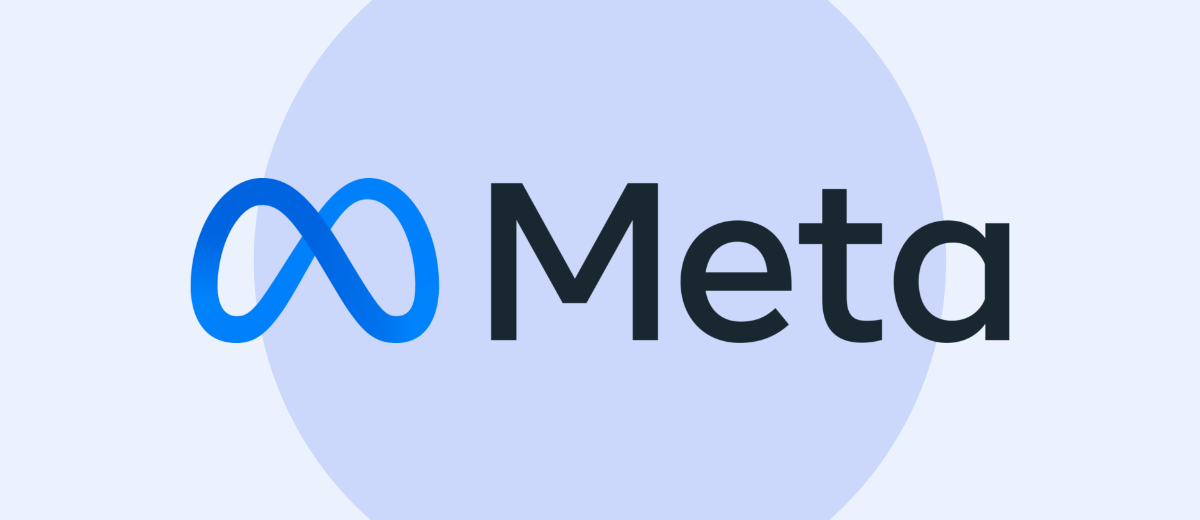The new real-time translation model, dubbed NLLB-200, is based on artificial intelligence technology.
Meta has announced the first significant success of its No Language Left Behind project. The NLLB-200 translation model was introduced, which can translate from/to 200 languages, including rare languages of the peoples of Africa and Asia.
The No Language Left Behind initiative was launched a few months ago and its goal was to develop technologies for translation into a wide variety of languages. A feature of the approach is that English is not used as an intermediary language, and artificial intelligence technology is taught based on translations directly between the required languages.
According to the company itself, after testing using the FLORES-101 test, the new model showed impressive results. On average, it outperformed modern translation models by 44%. And for some rare languages, this figure was about 70%. Developers from all over the world can freely apply the new technology, as the company provides it in the form of open source. It is also reported that about $200 000 will be distributed in the form of grants for non-profit organizations that will develop applications for the new technology.
